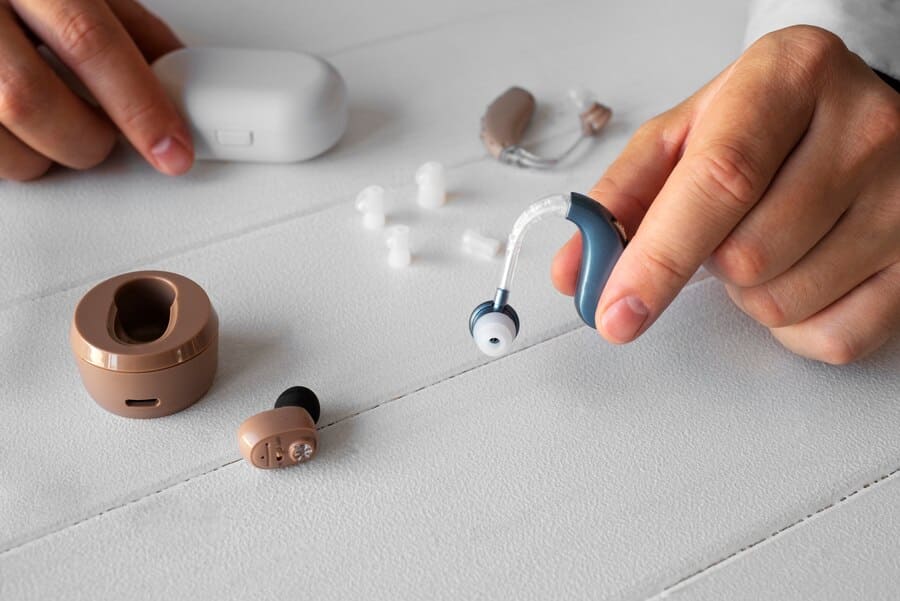Recent Services
- Otology
- Cochlear and Hearing implants
- Nose and Sinus (Rhinology)
- Voice and Throat (Laryngology)
- Dizziness and Vertigo (Neuro-otology)
- Children (Paediatric) ENT
- Snoring and sleep-apnea
- Head and neck cancer
- Thyroid swelling
- Head neck swelling
- Nasal Allergy- Allergin rhinitis
- Difficulty in swallowing
- Difficulty in breathing

Cochlear implants are designed for individuals with severe hearing loss who don’t benefit from hearing aids. They work by bypassing damaged parts of the ear and directly stimulating the auditory nerve, providing clearer sound. Hearing aids amplify sound for those with mild to moderate hearing loss, featuring modern technologies like noise reduction and smartphone connectivity. Both options are tailored to improve communication and quality of life. Our expert team ensures personalized care and optimal results.





